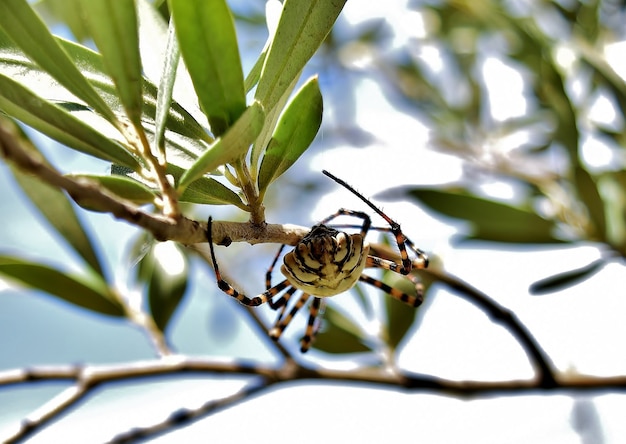
Good morning! Today, I have a guest post from CJ Renzi, a classical guitarist, writer, and blogger whose book, “The End of Wishing Our Days Away,” has just been released.
Have you ever missed out on a big opportunity? Screwed up a golden chance? If we keep obsessing over all the missed opportunities, we’d drown in regret. But what if we could prepare ourselves to grab the next big opportunity that comes our way?
I’m talking about being ready to seize opportunities when they appear. Yet, there are countless reasons why we might not be ready—bad timing, lack of money, family obligations. It seems there are always obstacles.
Imagine if we were like ambush predators, always ready to pounce. Maybe it’s time to learn from our animal friends, who often outsmart us in many ways.
The Masters of Ambush
Many animals have perfected the art of surprise to catch their prey, from trapdoor spiders to snapping turtles and octopi. These creatures use their skills to capture what they need, and there’s something we can learn from them.
Take the trapdoor spider in Malaysia, for example. It waits in its burrow until prey triggers its tripwires. The spider then drags the prey into its burrow to enjoy at its leisure. We, like the spider, spend time in our “burrows” working on our crafts—writing, blogging, and practicing guitar. But unlike the spider, we don’t need to set tripwires. We just need to be ready for opportunities when they arise.
We don’t actually eat our prey, of course. Instead, we allow ourselves to be captivated by our passions. Spending time perfecting our skills makes us ready to seize opportunities.
Being Ready in Our Own Space
Interestingly, I couldn’t find much about what goes on inside a trapdoor spider’s lair besides enjoying its prey. Maybe no one knows, or perhaps a scientist has observed it with tiny cameras. What I do know is that these spiders have simple, tight living quarters. They seem content this way. When they emerge, they do what they need to do without hesitation.
Similarly, we should avoid wasting time on nonsense. An opportunity is either worth it, or it’s not. It becomes easier over time to recognize valuable opportunities and ignore worthless ones. Does a tiger go after a minnow? Does a python chase a grasshopper? Probably not. They focus on worthwhile prey, something we should learn to do with opportunities.
In the past, we managed to move from New York to Houston smoothly, start our own businesses, launch a blog, and write a book. We’re unlikely to miss out on the next big opportunity, and Aunt Dorothy will just have to reschedule her dinner with mother.
So, dear reader, how do you make sure you’re prepared for the next big opportunity?
